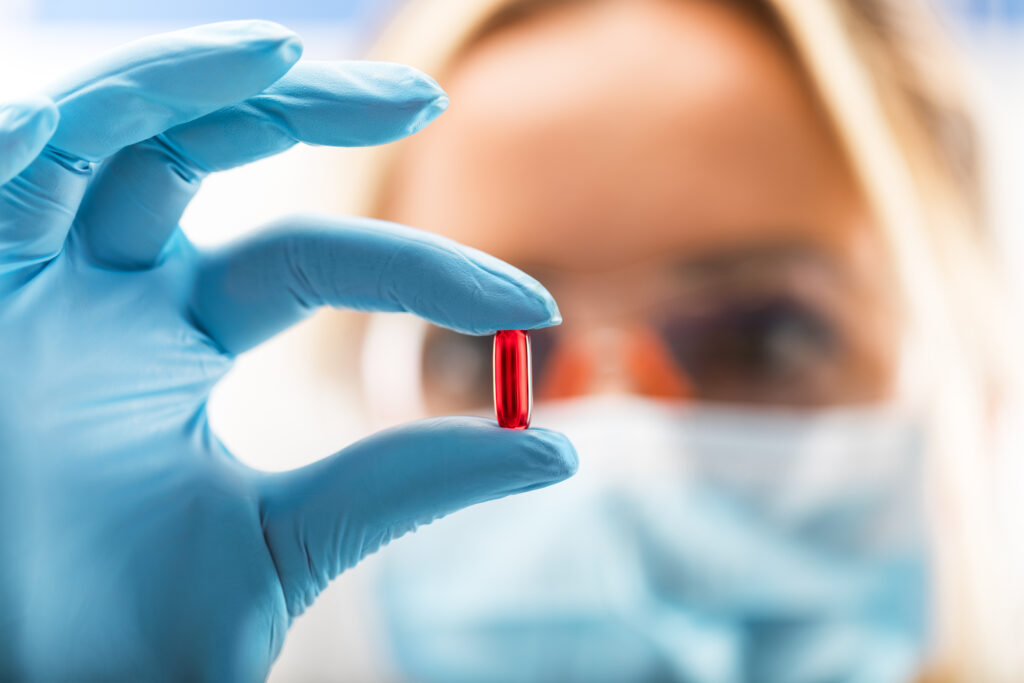Pharmaceutical drugs to treat cancer and the PFAS ban proposal
Cancer is among the deadliest diseases affecting humankind. The most common types of this disease include kidney, renal, pelvic, thyroid, hepatocellular (HCC) and liver cancer. Active pharmaceutical ingredients (API) in medicinal products containing fluorine play a key role in modern day cancer therapy. The API Sorafenib has been proven to be effective against the types of cancer mentioned above. It slows down cancer cell growth and prevents blood supply to cancer tissue. Approximately 2.5 to 5 million doses of Sorafenib are applied per year in Europe.
It has been proven that the fluorine in Sorafenib enhances the properties of the medicine. This leads to greater efficacy and fewer unintended side effects compared to an API without fluorine. If restrictions to drugs falling under the PFAS definition such as Sorafenib are applied via REACH, cancer patients could eventually be shunned away from therapies designed to significantly improve their life expectancy. For HCC patients, this could reduce their median life expectancy by at least 26 months.
At present, there is no alternative to Sorafenib. A search for alternatives and authorisation processes can last up to 15 years. A restriction could mean to leave open a potentially life-threatening supply gap for cancer patients.

